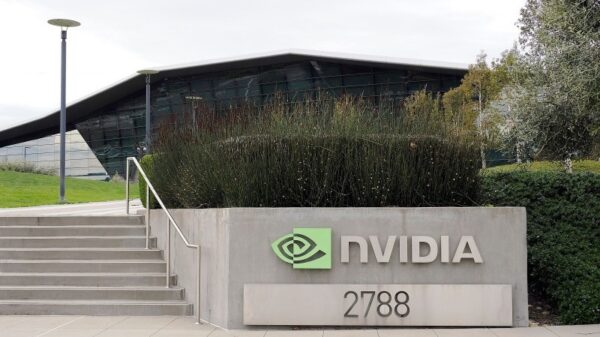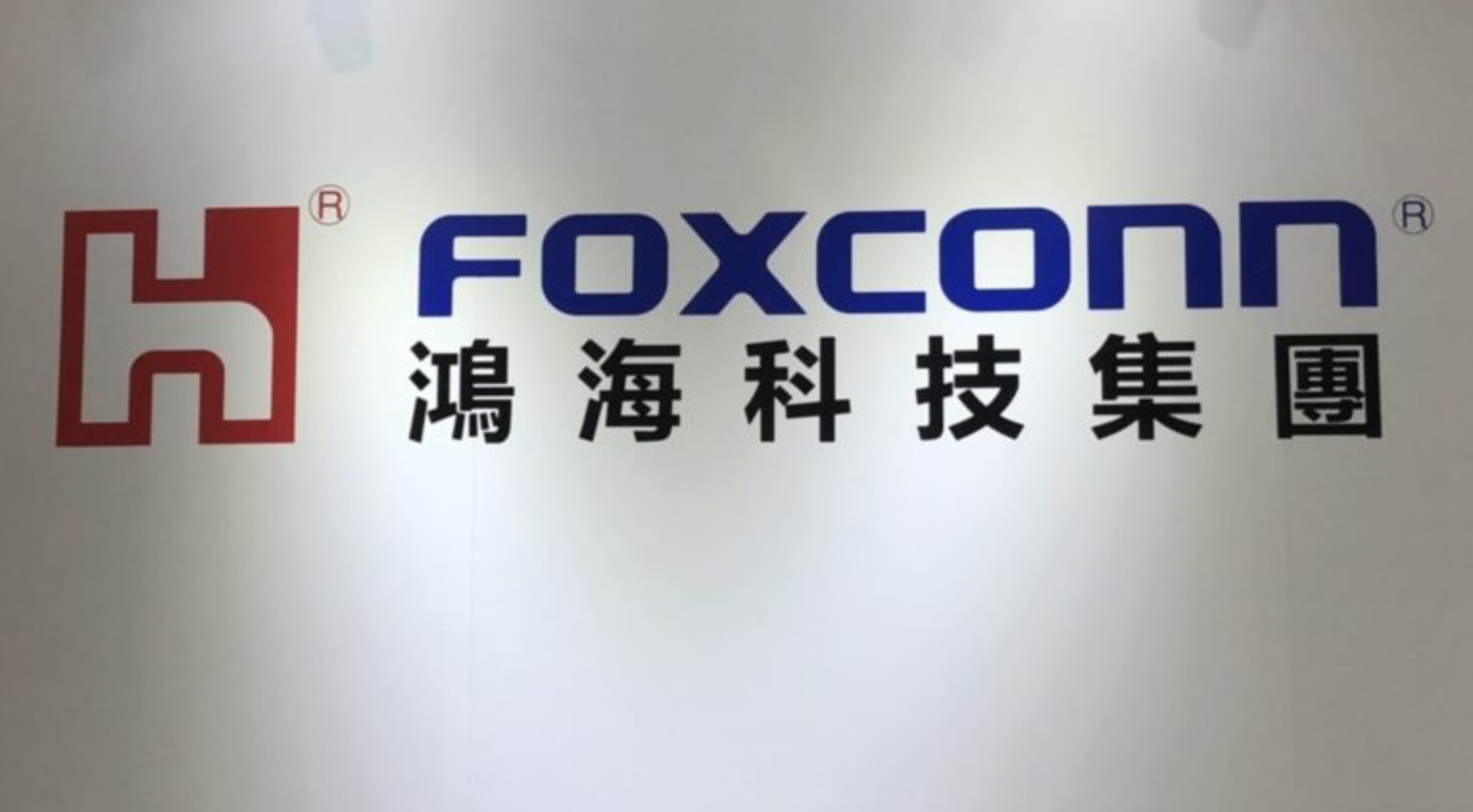On Friday, Foxconn and OpenAI announced a significant strategic partnership aimed at advancing the design and manufacturing of next-generation AI infrastructure hardware within the United States. This collaboration marks a pivotal step in addressing the growing demands of the AI industry, particularly in the realm of hardware capabilities.
Under the terms of the agreement, OpenAI will lend its expertise by providing key insights into the evolving hardware needs crucial for AI applications. This information will assist Foxconn in developing essential data-center equipment, which includes racks and other critical components. Foxconn, recognized as the world’s largest electronics manufacturer, will utilize its extensive operational scale to produce vital components such as cables, power systems, and networking gear. This local manufacturing initiative is designed to bolster the supply chain in the United States, a move that underscores a growing trend towards domestic production in the tech sector.
The two companies plan to engage in multiple projects concurrently, aiming to expedite the deployment of advanced AI systems and enhance hardware capacity for the US AI ecosystem. Such collaboration comes at a time when demand for robust AI infrastructure is surging, driven by innovations like large language models (LLMs) and other advanced AI architectures.
It’s worth noting that the initial agreement between OpenAI and Foxconn does not entail any purchase commitments or financial obligations, indicating a focus on collaborative development rather than immediate commercial transactions. This strategic choice reflects a growing recognition of the need for adaptability and innovation in the fast-evolving AI landscape.
The partnership also highlights a broader industry trend: technology companies increasingly seek to align with hardware manufacturers to ensure that infrastructure keeps pace with AI advancements. As companies like OpenAI push the boundaries of AI capabilities, the underlying hardware must evolve concurrently to support these innovations effectively.
In the context of this collaboration, the implications for the AI ecosystem in the United States are manifold. By leveraging Foxconn’s manufacturing strength and OpenAI’s insights into emerging technologies, the partnership could pave the way for more resilient and efficient AI infrastructure. This shift not only supports existing AI applications but also positions the U.S. as a competitive player in the global AI market.
As discussions surrounding the ethical implications of AI and regulatory frameworks continue, initiatives like this also bring attention to the necessity of robust infrastructure to support the responsible deployment of AI technologies. The ability to develop and manufacture advanced hardware domestically is critical for mitigating risks associated with reliance on foreign supply chains.
Overall, the collaboration between Foxconn and OpenAI serves as a noteworthy development in the intersection of AI research and hardware manufacturing. It represents a proactive approach to not only meet current demands but also anticipate future needs in the rapidly evolving field of artificial intelligence. As these companies embark on this journey together, the potential for innovation and growth in the U.S. AI landscape seems promising, reflecting a commitment to fostering a robust technological ecosystem.
See also Dalio Warns of AI Stock Bubble, Urges Investors to Hold Amid Fed Rate Cuts
Dalio Warns of AI Stock Bubble, Urges Investors to Hold Amid Fed Rate Cuts Prolific Study Reveals Gemini 2.5 Pro Tops AI Chatbots, Outperforming ChatGPT in User Rankings
Prolific Study Reveals Gemini 2.5 Pro Tops AI Chatbots, Outperforming ChatGPT in User Rankings AI Bubble Fears Intensify as Nvidia’s $4.4T Boost Sparks Market Decline and Volatility
AI Bubble Fears Intensify as Nvidia’s $4.4T Boost Sparks Market Decline and Volatility Study Reveals ChatGPT Drops to 8th Place, Surpassed by 7 Competing AI Models
Study Reveals ChatGPT Drops to 8th Place, Surpassed by 7 Competing AI Models


































































